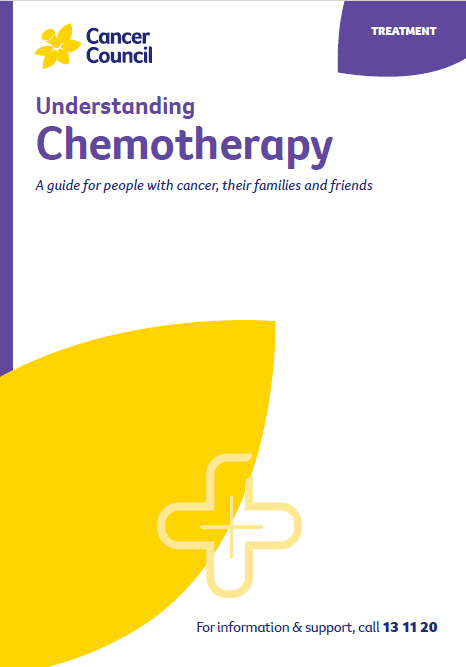Immunomodulators
Immunomodulator drugs work by blocking the growth signal for cancer cells and by stimulating the body’s immune system to attack the cancer cells.
Learn more about:
Overview
The most common immunomodulators used for myeloma are thalidomide, lenalidomide and pomalidomide.
Thalidomide is an old drug that has new uses. It was given to pregnant women in the 1950s as an anti-nausea drug but was banned because it caused severe birth defects. We now know that thalidomide has anti-cancer properties that can be effective for myeloma. Lenalidomide and pomalidomide are newer types of immunomodulators.
How they are given
Immunomodulators are most often given in combination with a steroid and a chemotherapy drug. They are taken as tablets, usually every day or for a certain number of days each month. As some immunomodulator drugs increase the risk of blood clots, your doctor may advise you to take a blood thinner.
Side effects
Possible side effects of immunomodulators include drowsiness, constipation, nausea, diarrhoea, rashes, blood clots, low blood count and a weakened immune system.
Thalidomide may cause pain, numbness, tingling and muscle weakness in the hands and feet. This is called peripheral neuropathy. It is not a typical side effect of lenalidomide or pomalidomide.
It is very important that you do not get pregnant if you are taking immunomodulators. The fetus would develop serious abnormalities. Sperm is also affected, so men should not conceive a child or donate sperm. If you want to have children, talk to your doctor about fertility options before treatment starts.
→ READ MORE: Monoclonal antibodies for myeloma
Podcast: Making Treatment Decisions
Listen to more episodes from our podcast for people affected by cancer
More resources
Dr Ian Bilmon, Haematologist, Westmead Hospital and The Sydney Adventist Hospital (Clinical review); Martin Boling, Consumer; Catherine Bowley, Specialist Myeloma Nurse, Myeloma Australia; Dr Samuel Dickson, Radiation Oncologist, Calvary Mater Newcastle; Rachelle Frith, Clinical Nurse Consultant, Haematology, Prince of Wales Hospital; Dr Wojt Janowski, Haematologist, Calvary Mater Newcastle; Yvonne King, 13 11 20 Consultant, Cancer Council NSW. We would like to thank all the health professionals, consumers and editorial teams who have worked on current and past editions of this title.
View the Cancer Council NSW editorial policy.
View all publications or call 13 11 20 for free printed copies.

